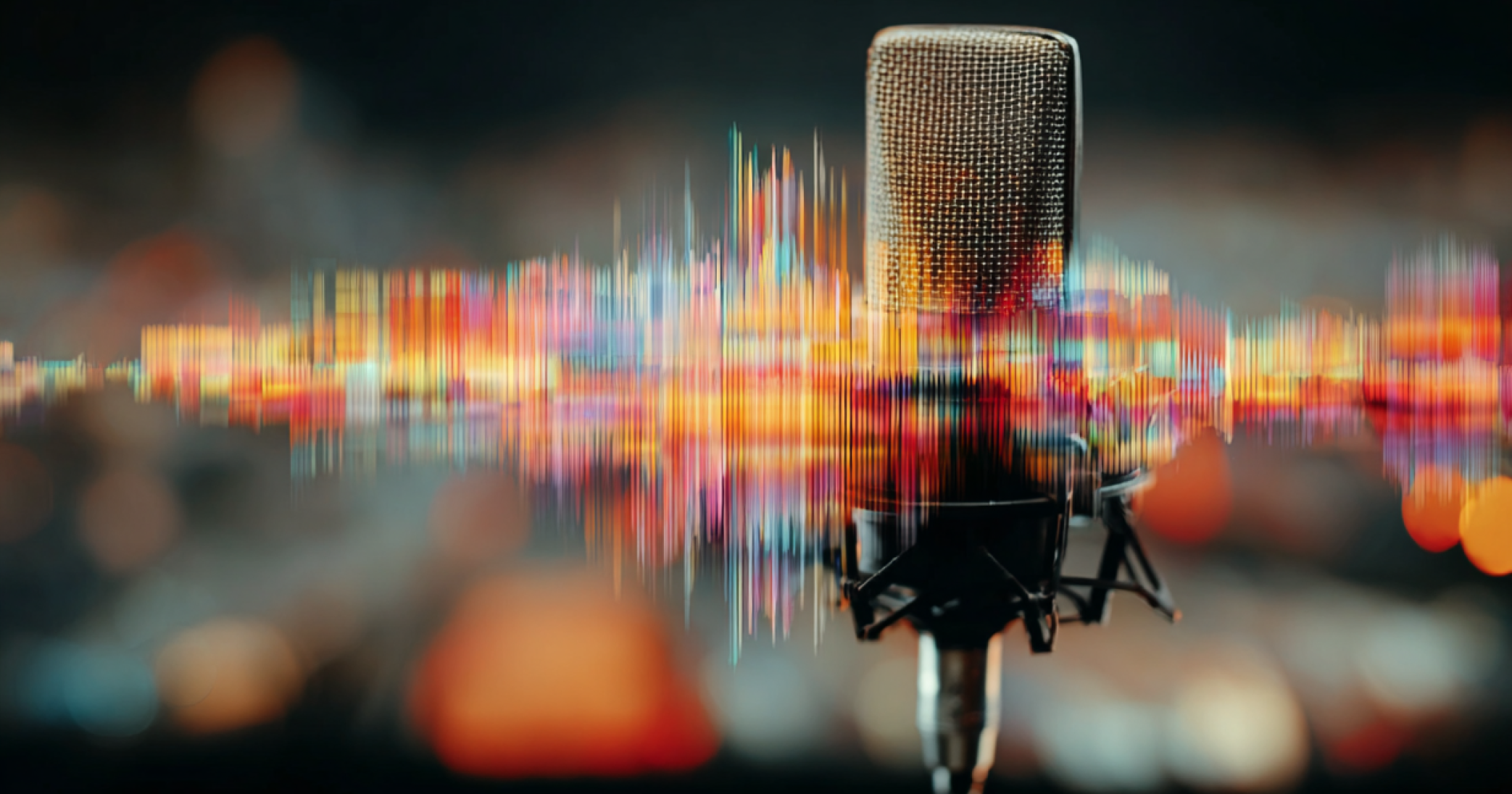Rapidly evolving artificial intelligence (AI) is at the center of a global debate that goes far beyond technological advances and could have profound implications for democracy and authoritarianism. A recent opinion piece in the Washington Post sheds light on this controversial discourse and raises questions about the balance of power in an AI-driven future.
AI as an instrument of power
Sam Altman, CEO of OpenAI, emphasizes the ambivalence of AI technologies in his contribution. On the one hand, they offer immense opportunities for economic growth and social progress. On the other hand, they could provide authoritarian regimes with new tools to increase surveillance and control. In a democratic context, on the other hand, AI could help to promote state transparency and citizen participation, provided the right ethical and legal framework conditions are created.
Authoritarian threats from AI
Altman warns urgently of the dangers of AI in the hands of authoritarian governments. States such as China are already using advanced algorithms to monitor and suppress political dissidence. These developments show how AI technologies can be misused to curtail individual freedoms and consolidate power structures. Altman calls for the development of international agreements that regulate the use of AI and protect human rights.
Opportunities for democracies
Democratic societies, on the other hand, could benefit from AI by increasing transparency and efficiency in administration. Altman suggests using AI for public services and citizen participation. For example, complex data analysis could improve decision-making in politics and enable citizens to play a more active role in the political process through personalized information. However, he also warns of the dangers of uncontrolled development here and advocates strong regulation.
The role of the international community
One of the central theses in Altman’s article is the need for global cooperation. He calls for an international coalition to establish ethical standards and safety protocols for the use of AI. This coalition should take into account both the technological development and the geopolitical implications. Altman sees such cooperation not only as a protective mechanism, but also as an opportunity to unleash the full potential of AI for the benefit of humanity.
Conclusion
The future of AI will largely depend on how we as a global society shape its development and application. Democratic values and human rights must be at the center of these efforts to prevent AI from becoming a tool of oppression. Sam Altman calls on the international community to take responsibility and work together to create a safe and just future.
This discourse shows once again that technological innovations must always be considered in the context of their social impact. Finding the right balance between progress and ethical principles will be decisive in determining whether AI becomes a blessing or a curse for humanity.
These perspectives make it clear how important it is to think beyond the purely technical aspects of AI and focus on the social, political and ethical dimensions. The debate is open – and the course for the future is being set now.
Sources:
Washington Post: Sam Altman on AI, democracy, and authoritarianism


























